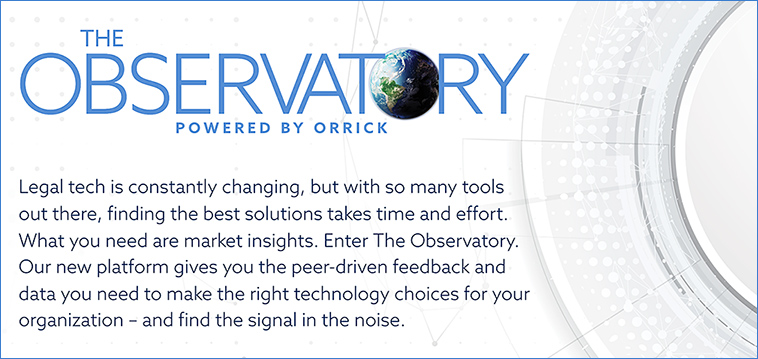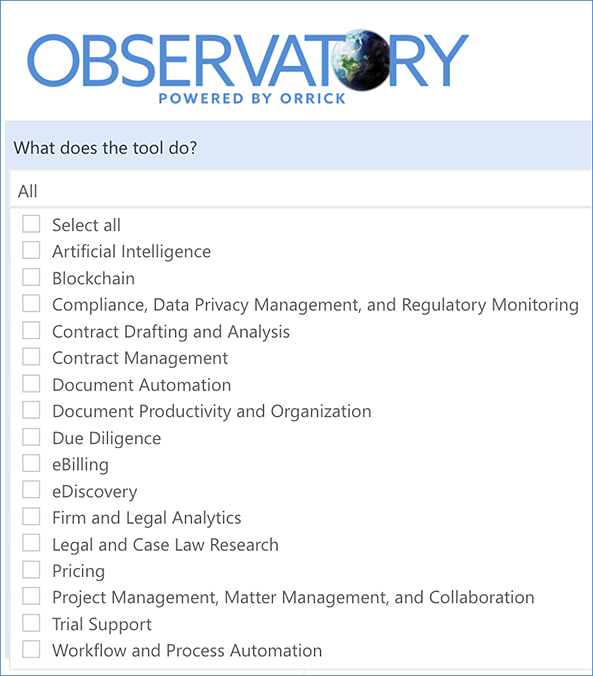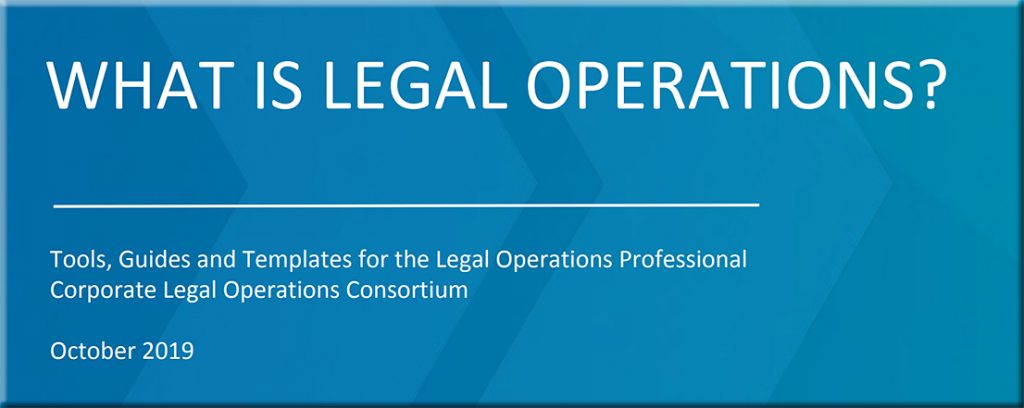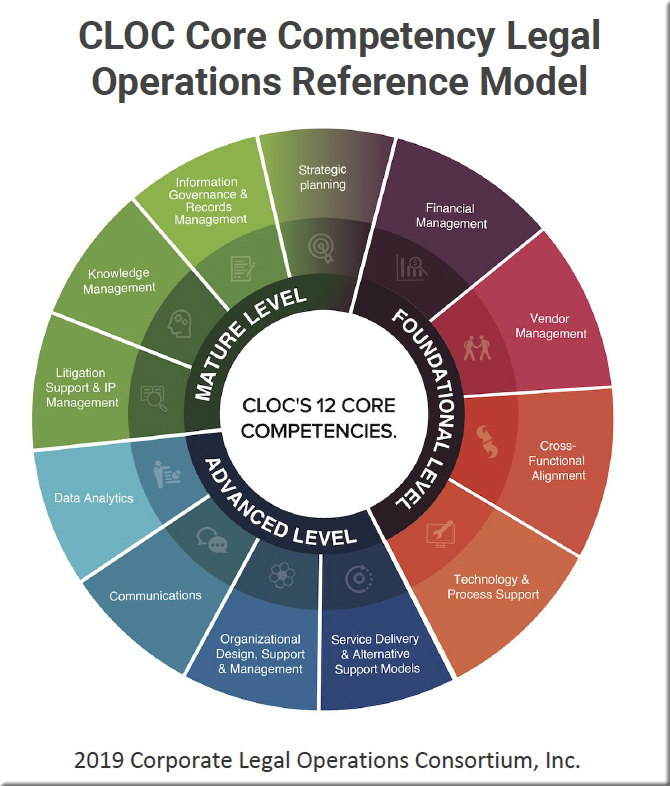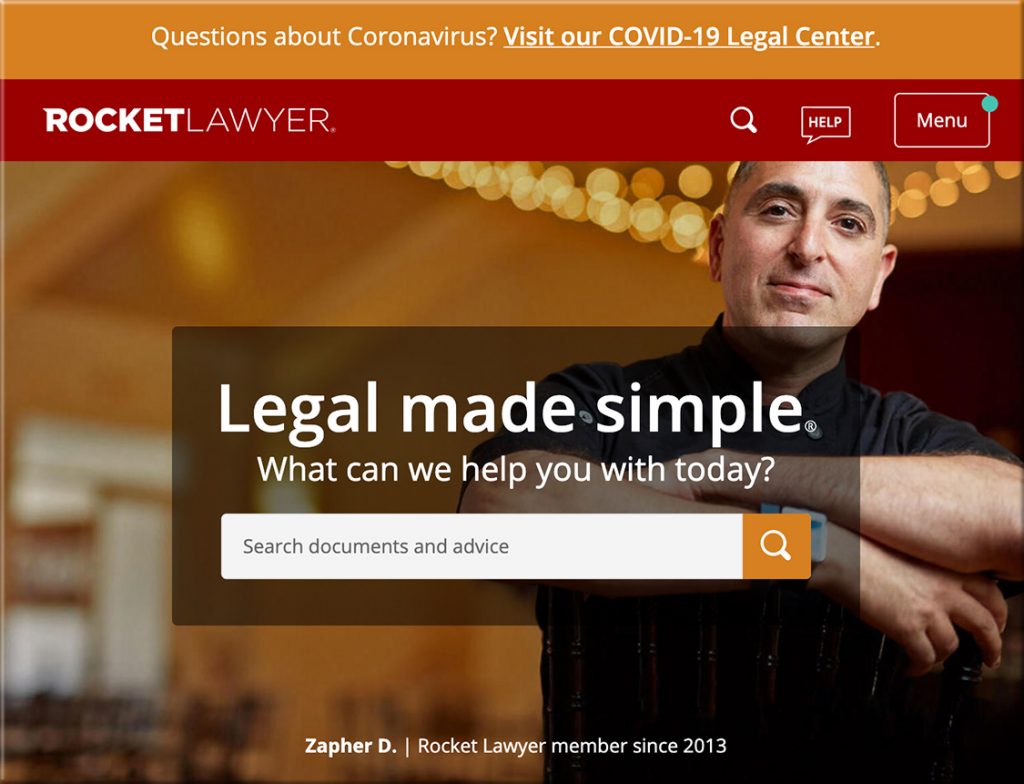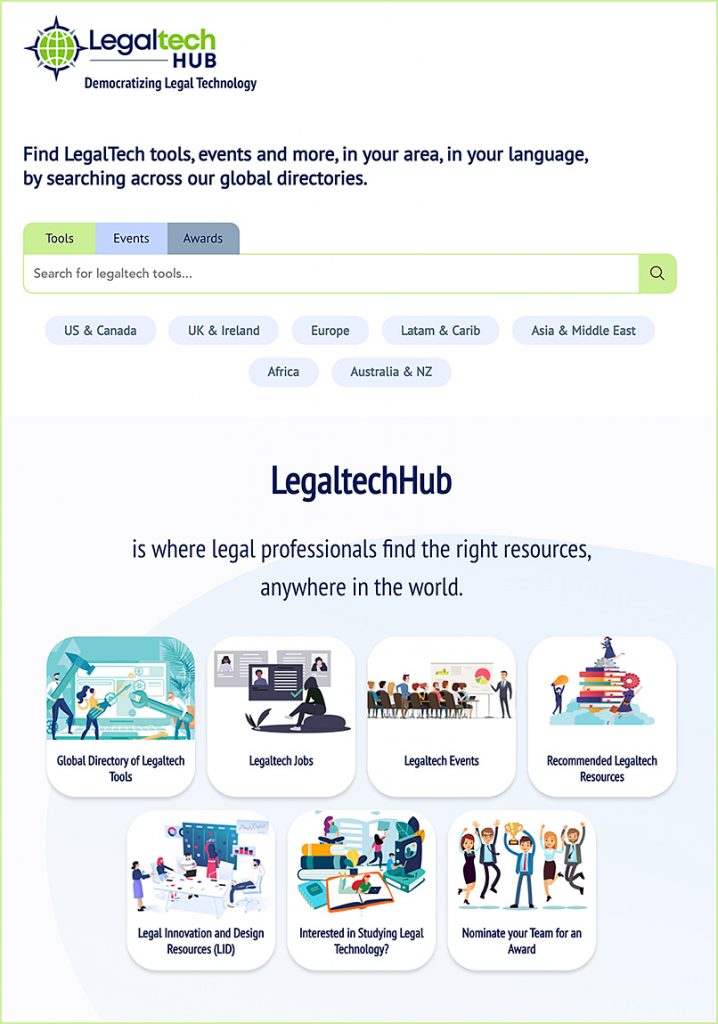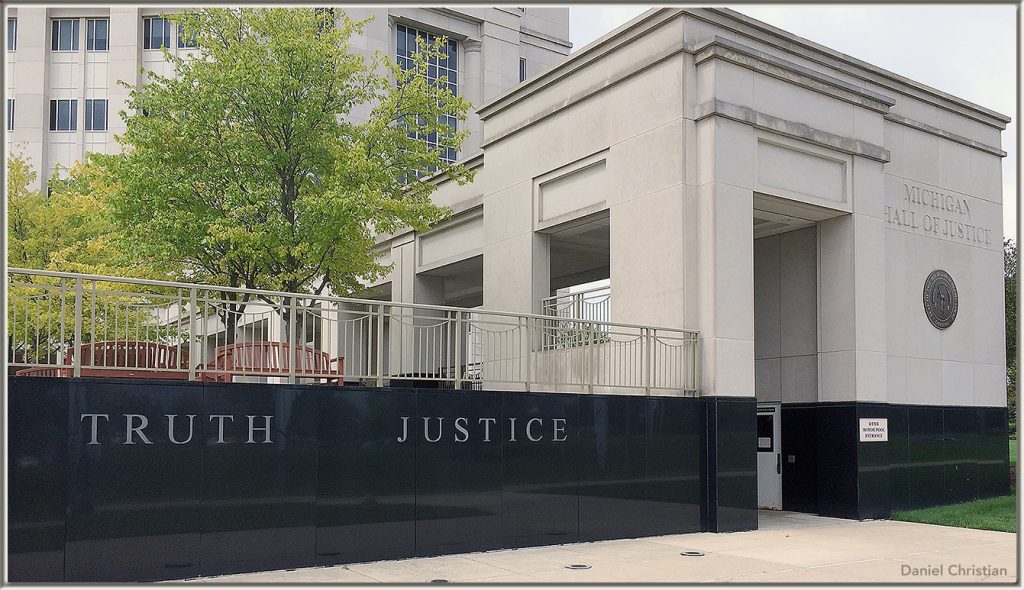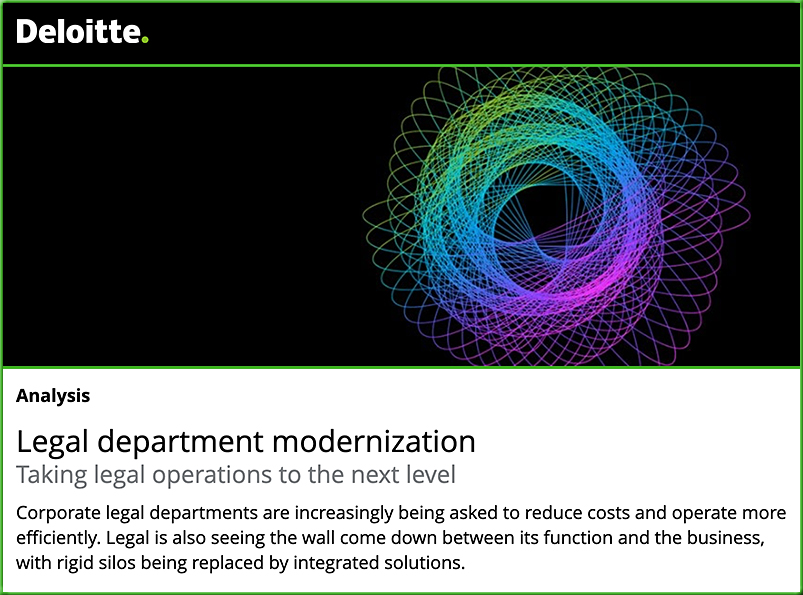The Observatory — from orrick.com with thanks to Gabe Teninbaum for mentioning this resource in his Lawtomatic Newsletter (Issue #112, 11/18/20)
The Observatory is an interactive platform that allows you to do a preliminary analysis of 600+ legal technologies in the market today (including some developed by Orrick):
- Gain insight into features of legal tools
- View leading categories of legal tech, from artificial intelligence to workflow automation
- Understand tech use-cases for litigation, transactional and general solutions
- Identify legal tech companies with diverse leadership
Excerpt from Gabe’s newsletter:
- The Observatory: the tech-savvy biglaw firm, Orrick, has a new interactive platform offering data on 600+ legal technologies currently on the market. A user can click on the type of tool they’d like to learn more about (e.g. document automation or contract management), click on various filters, then get a summary of what it does. It also includes a narrative box for what makes the tool unique. It’s easy to use, free, and also gives a nice preview for clients on the type of value the firm might offer them beyond run-of-the-mill representation.









